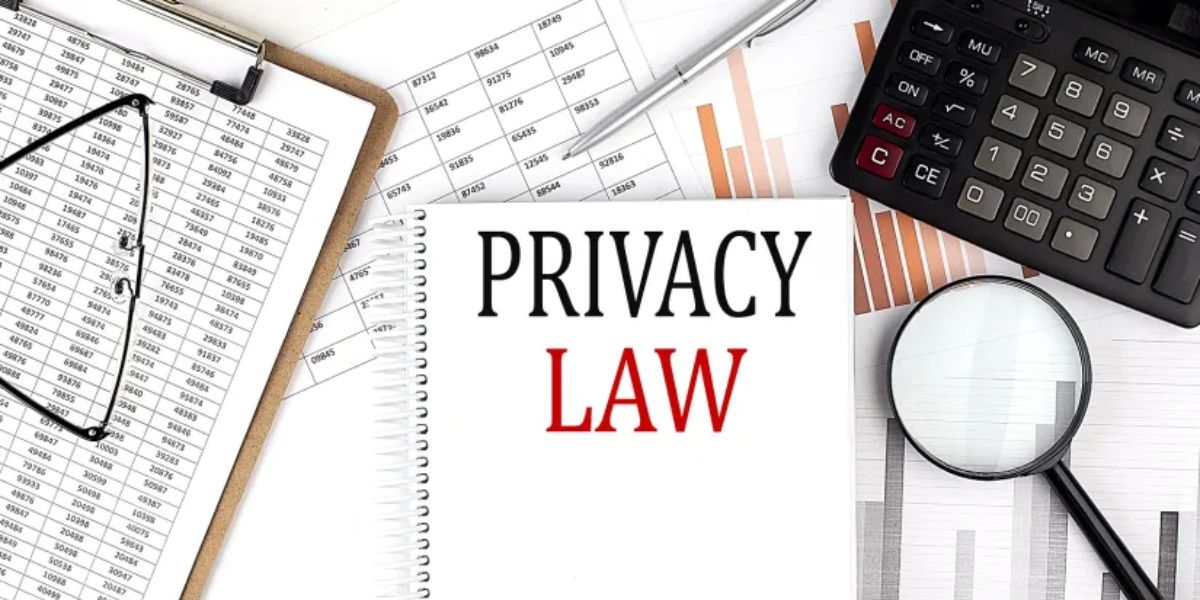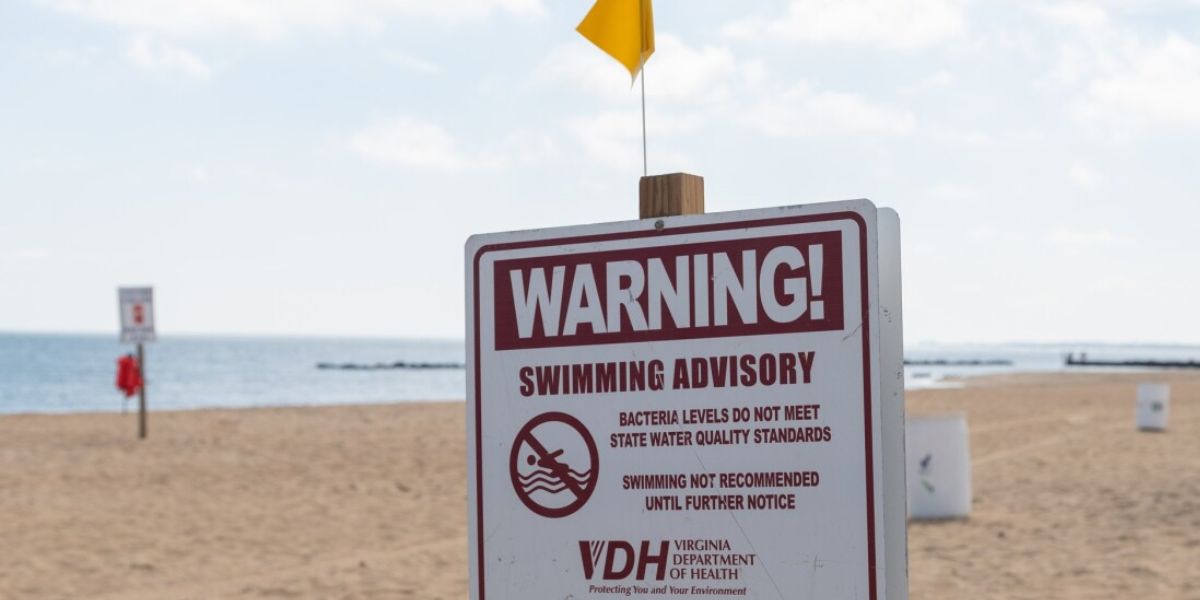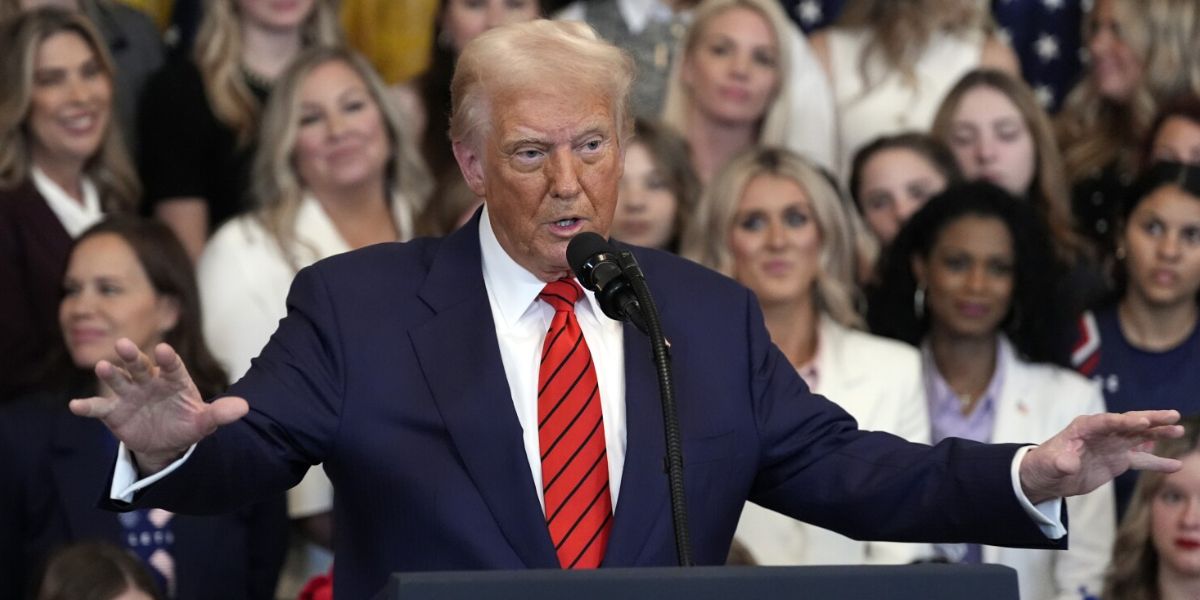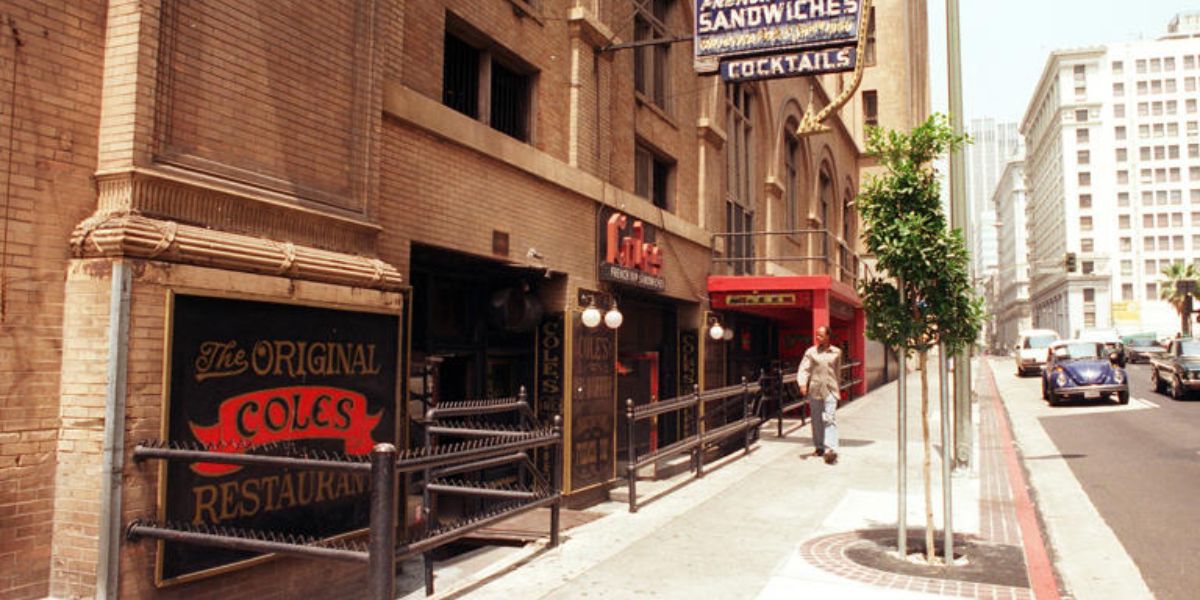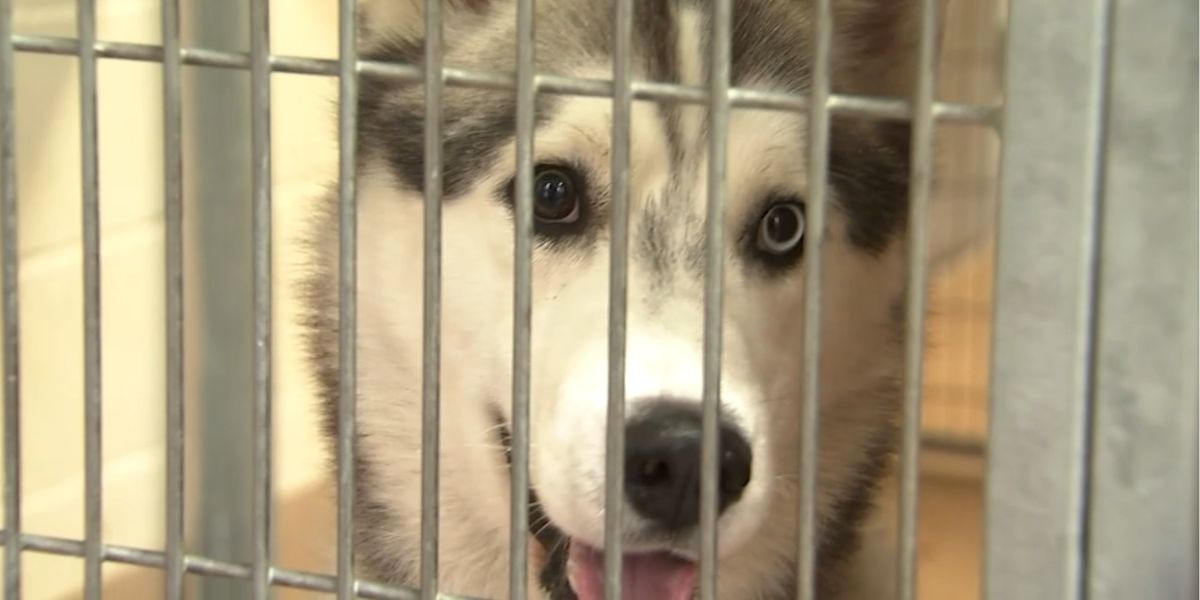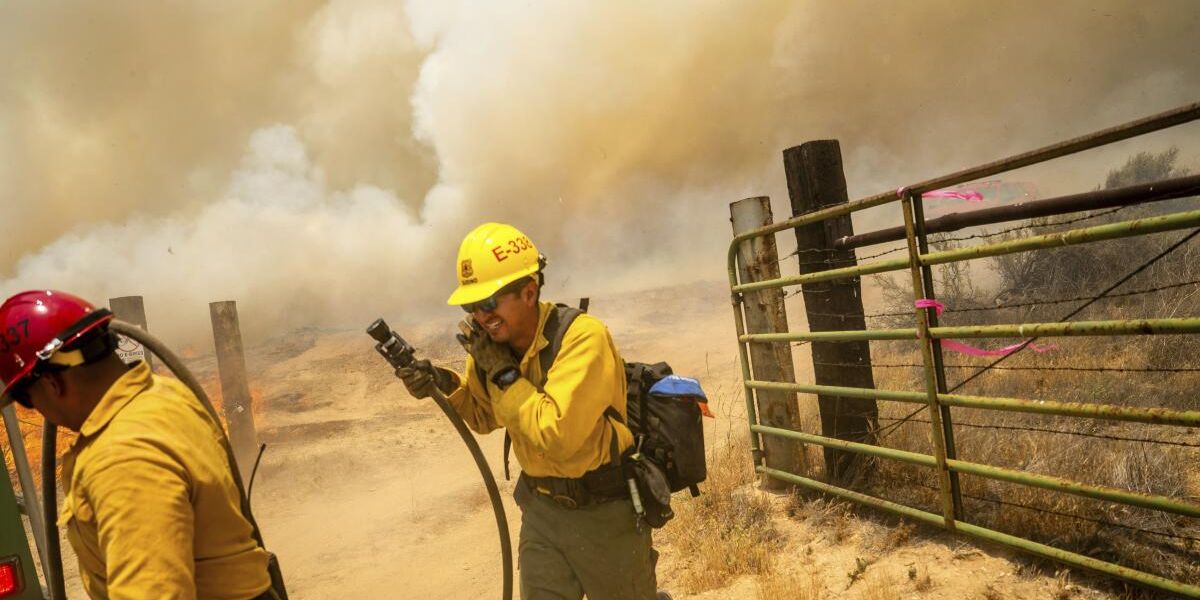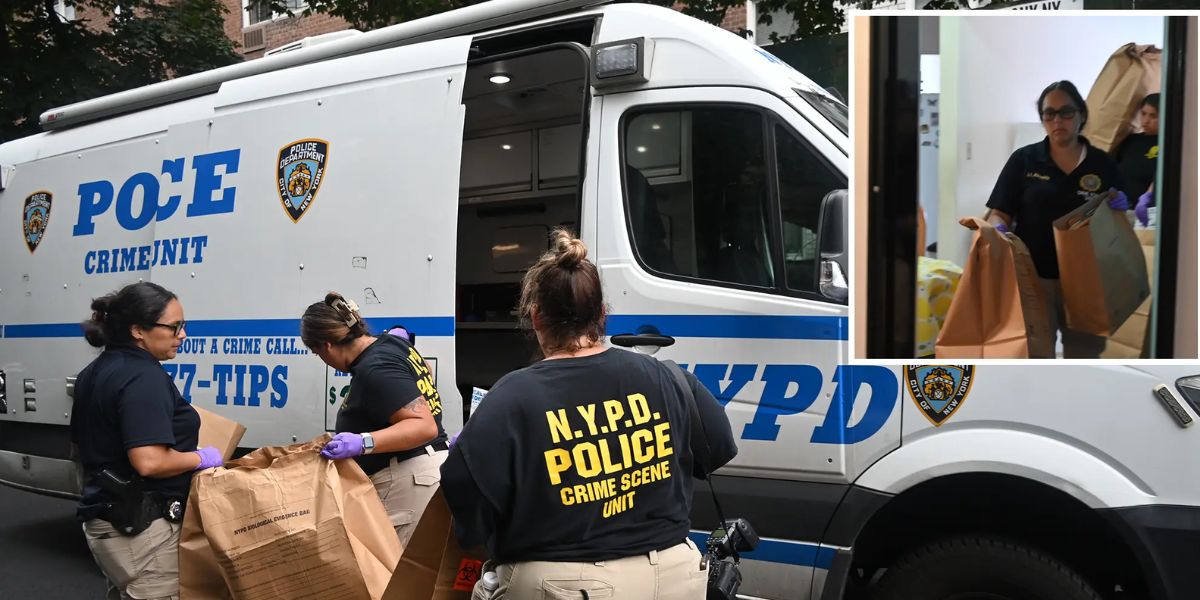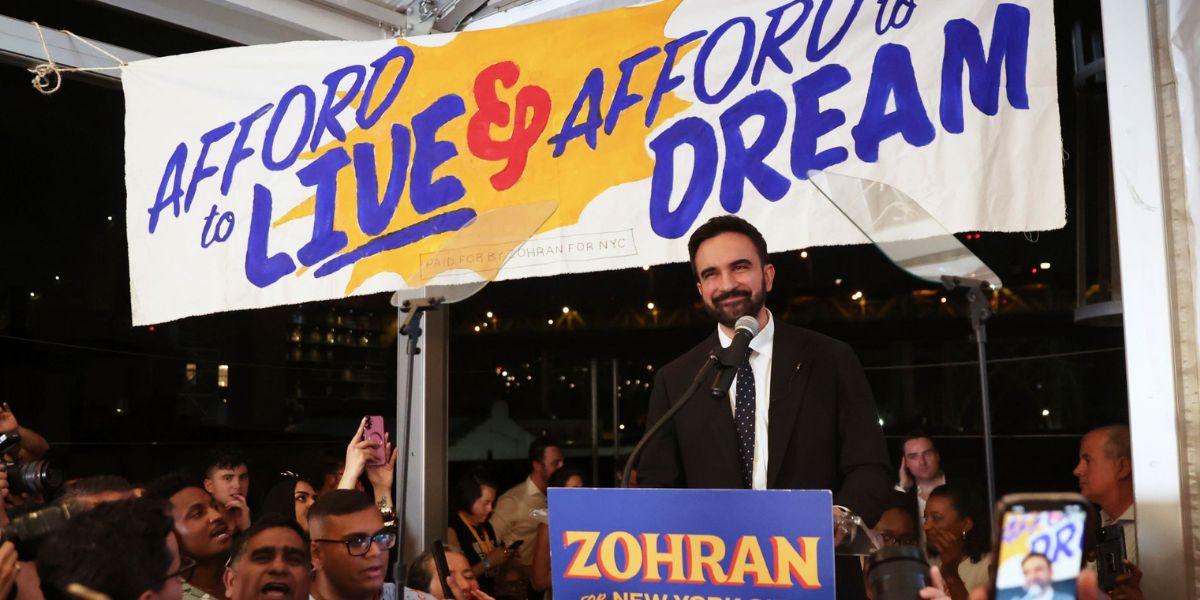Los Angeles, California — California is on the verge of a legal milestone—and Los Angeles is at the center of the action. In a groundbreaking move, the state is preparing to officially certify privacy law specialists, marking the first time in U.S. history that privacy law will be recognized as a standalone legal specialty.
The certification, expected to receive final approval by the State Bar’s Board of Trustees in August 2025, has major implications for attorneys, tech companies, and consumers alike.
It comes amid growing concerns over digital privacy, data misuse, and the evolving legal landscape surrounding personal data protection.
From Consent to Compliance: Why Specialization Matters
For decades, U.S. privacy law relied on a simple model: “notice and consent.” Companies would inform users of potential data use, and continued service use implied agreement. But critics long argued these policies lacked accountability and transparency.
California has since led a shift toward enforceable privacy protections with legislation like:
- California Consumer Privacy Act (2018)
- California Privacy Rights Act (2020)
- CalECPA (2016)
- Invasion of Privacy Act
- And the formation of the California Privacy Protection Agency
This complex legal framework now requires expert navigation, and general legal knowledge is no longer enough. The new certification aims to bridge that gap.
What Makes This Certification Different?
Unlike industry certifications such as the IAPP (International Association of Privacy Professionals), California’s specialization will carry official recognition from the State Bar. This status:
- Allows attorneys to market themselves as certified privacy law specialists
- Signals advanced legal competence in one of the most highly regulated areas of law
- Offers a competitive edge in California’s thriving tech and innovation sectors
For solo practitioners and boutique firms, this could also mean greater visibility in the State Bar’s attorney search listings.
Impact on Law Schools, Firms, and Industry
At institutions like UCLA School of Law, interest in privacy law is booming. Professor Andrew Selbst confirmed that the trend predates the specialization but may soon shape curricula.
UCLA even hosted the 2025 Privacy Law Scholars Conference, reflecting the field’s growing academic legitimacy.
In law firms, attorneys like Alexandra Kazarian (Geragos & Geragos) say the role of privacy lawyers now extends beyond legal compliance. It’s about institutional judgment—deciding whether a platform should be used at all, based on hidden data risks and third-party policies.
In a city like Los Angeles, where media, entertainment, and tech converge, the implications are enormous. Certified privacy lawyers could play critical roles in reshaping how the entertainment industry handles consumer data and how tech firms manage digital rights.
Read Also: New Speed Limit Confirmed for North Dakota, Takes Effect August 1
What This Means for California—and the Nation
With California’s tech sector leading the nation in venture capital investment and innovation in AI, robotics, and quantum computing, the demand for specialized legal expertise is only growing.
Once approved, the certification won’t just be a formality—it will be a strategic differentiator in a legal environment that’s becoming more complex by the day.
Other states may soon follow California’s lead, but for now, the Golden State remains the pioneer in privacy law.
Should other states follow California’s lead in certifying privacy lawyers? Share your thoughts in the comments below—we want to hear from YOU!
Stay informed with more legal and policy updates at ridgecrestpact.org.

